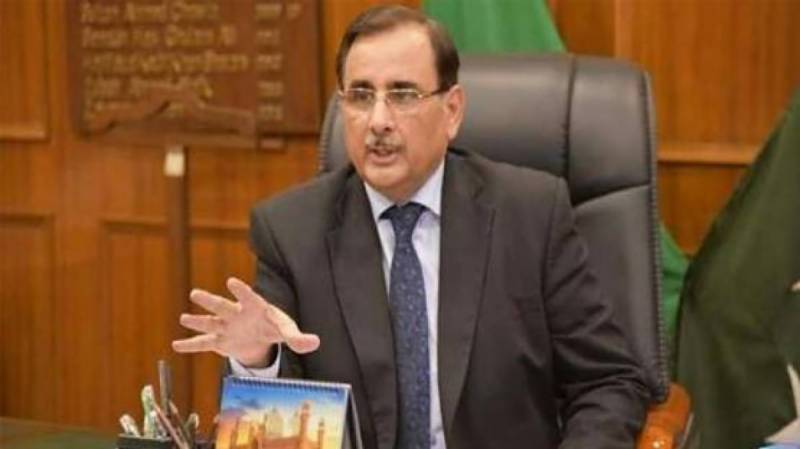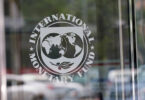F.P. Report
ISLAMABAD: As the government has been struggling to secure a bailout from the International Monetary Fund, the Federation of Pakistan Chambers of Commerce & Industry’s Businessmen Panel (BMP) on Sunday warned that the government will have to pay almost $3.5 billion in debt payments in just two months, with the domestic economy nose-diving due to non-serious and poor policy decisions and mismanagement of the economic managers.
FPCCI former president and Businessmen Panel (BMP) Chairman Mian Anjum Nisar expressed the hope that the government and the IMF will reach an agreement on the program review but the risks are large to haunt the economy, reflecting that a default or debt restructuring is an increasingly real possibility, he warned.
He observed that the rupee continued to remain at lower ebb while the key interest rate has been escalated by the central bank to the record historic level of 21%, which will destroy the economy completely.
Anjum Nisar observed that the country is reeling from an economic crisis with inflation surging to 36.5 percent, the highest in its history and the highest in South Asia, while a bruising political battle is raging between the government and the opposition party.
Though the government has removed caps on the exchange rate, imposed taxes, raised energy tariffs, and scaled back subsidies in an attempt to unlock the IMF funding, besides raising key interest rates to a record 21 percent but all in vain. Finance Minister has been claiming that there’s no way Pakistan is going to default, however, the economist constantly claim that the country is on the brink of default.
He said that the government, which has been negotiating to restart a $6.5 billion bailout with the IMF for about half a year, is racing to avert a default as the foreign exchange reserves come under pressure, as they currently provide an import cover of just one month despite the fact that he country has secured financing support from countries in the Middle East and China, a key IMF condition.
Anjum Nisar said that the debt payments underscore the crucial need for Pakistan to resume its bailout program that has been stalled since November last year. The $1.1 billion tranche is part of a $6.5 billion bailout package the IMF approved in 2019, which is due to end in June, prior to the budget. So far, Pakistan has received $3.9 billion.
Asking the authorities to include serious and progressive fiscal reforms in the IMF program FPCCI former president observed that it is very clear that IMF programs focus on stabilization and crisis management rather than growth-oriented policies that require structural reforms.
He stressed need for a revisit of government policies including the coordination exercise between the Ministry of Finance and SBP, as no independent economist could support the economic policies that are currently in place.
The government needs reminding that remittance inflows were 29.4 billion dollars last fiscal year and this large inflow was also due to the fact that the interbank and open market rates did not diverge significantly during the previous tenures.
He observed that coordinating fiscal and monetary policies may be beneficial yet with inflation attributed to administrative decisions in nearly all recent Monetary Policy Statements and the government unwilling to implement key reforms in the power sector and tax structure the SBP needs to be vigilant in ensuring market-based exchange rate policy and a positive discount rate while the Ministry needs to revisit its tax policy, utility pricing policy and of course continued massive injections into loss-making state-owned entities.
He said that the central bank has already increased the interest rates to the highest ever level of 21% that could not contain inflation, which surged to 36.4% in April –- the highest level in the past 59 years. But the increase in the interest rates has caused a significant surge in the government’s debt servicing cost, which is now estimated at around Rs5.3 trillion as against the budgeted figure of Rs3.95 trillion.
Since the start of the IMF program in July 2019, Pakistan has doubled the policy rate. The IMF report said that where the policy stance was loose and inflationary pressures persisted, tighter monetary policy should be considered to stabilize inflation and inflation expectations like in Egypt, Pakistan, and Tunisia.
In countries where inflationary pressures continue and the stance is loose, a tighter monetary policy should be considered, the report reiterated.
At the start of the policy talks in January this year, the IMF had demanded increasing the interest rates by at least 6%. At that time, headline inflation was 27.6% and the SBP’s policy rate was 17%.






